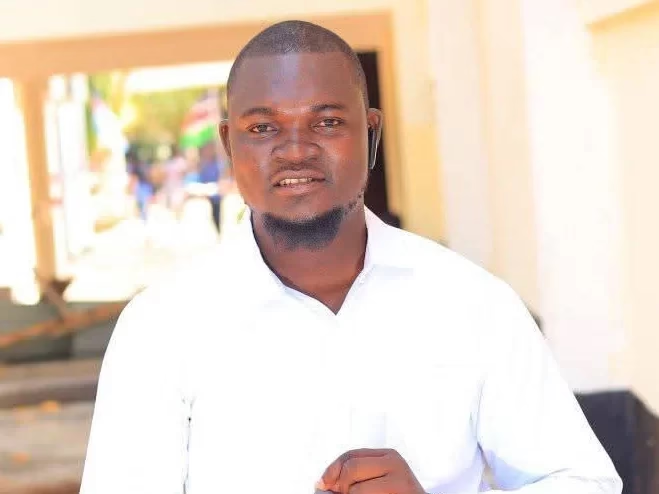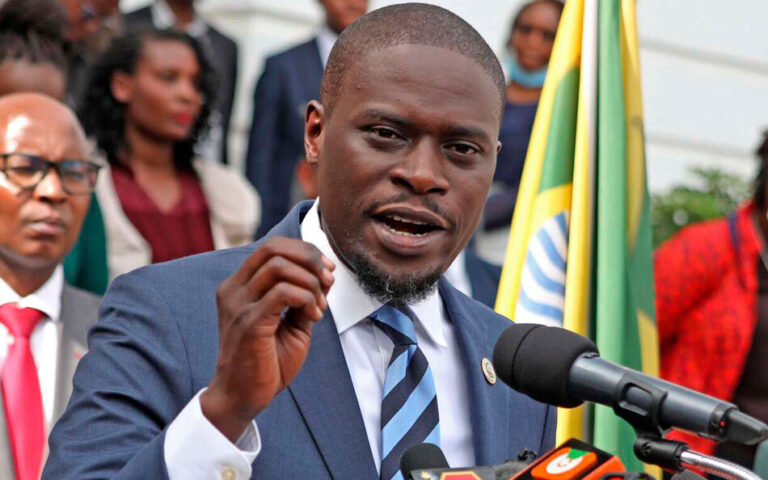
Telecommunications giant Safaricom PLC has issued a strong public denial of any involvement in the recent arrest of digital activist Albert Ojwang. The arrest, which occurred last Friday in Nairobi, triggered a wave of online speculation and accusations, with many Kenyans questioning whether the telco played a role by providing user data to authorities.
Albert Ojwang, known for his outspoken views on digital surveillance and government overreach, was arrested under unclear circumstances. According to police sources, Ojwang was detained on suspicions of “undermining national security through cyber activity.” However, no formal charges have been made public, and his legal team has characterized the arrest as unlawful and politically motivated.
In response to the public backlash, Safaricom’s CEO Peter Ndegwa released a statement refuting the allegations:
“At no point was there any contact between Safaricom and any security agency in investigating or arresting the late Albert,” he stated.
Safaricom further emphasized that any requests for customer information must be accompanied by a valid court order or national security mandate as outlined under Kenya’s Data Protection Act.
Also read: Albert Ojwang Dies Hours After Arrest Over Social Media Post
Despite the clarification, public skepticism remains high. Digital rights activists have raised concerns about a growing pattern of state surveillance, facilitated by private tech and telecom firms intentionally or not. This arrest has reignited debate around transparency, accountability, and the balance between national security and individual freedoms in Kenya.
This is not the first time Kenyan telcos have faced scrutiny over alleged complicity in surveillance operations. Past incidents, including whistleblower leaks and human rights investigations, have spotlighted the role of telecom infrastructure in facilitating digital crackdowns.
Ojwang, a vocal advocate for civil liberties online, had recently posted a series of threads alleging covert monitoring of activists and journalists. His arrest has since been condemned by several organizations, including Amnesty Kenya and Article 19 East Africa, both of which have demanded his immediate release and a full investigation into the circumstances surrounding the case.
Meanwhile, the Office of the Data Protection Commissioner (ODPC) has called for calm and urged citizens to report any suspected misuse of personal data. In a brief statement, the ODPC reiterated that it will “continue to enforce data protection laws without fear or favor.”
The public outcry highlights the fragile trust between citizens, telecom providers, and government institutions. As digital platforms become more integral to activism and political expression, the need for strong legal protections and corporate transparency becomes even more critical.
Albert Ojwang’s case remains under investigation, but it is clear that Kenyans are no longer willing to remain silent about privacy violations, perceived or real. The demand for accountability is growing louder, and corporations like Safaricom will increasingly find themselves in the spotlight.

